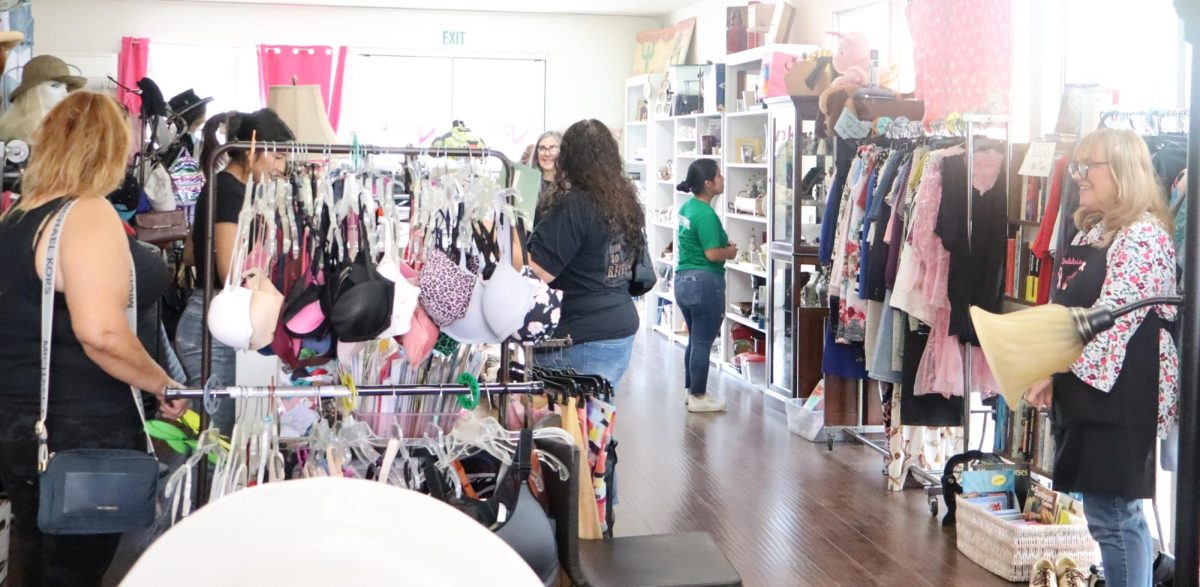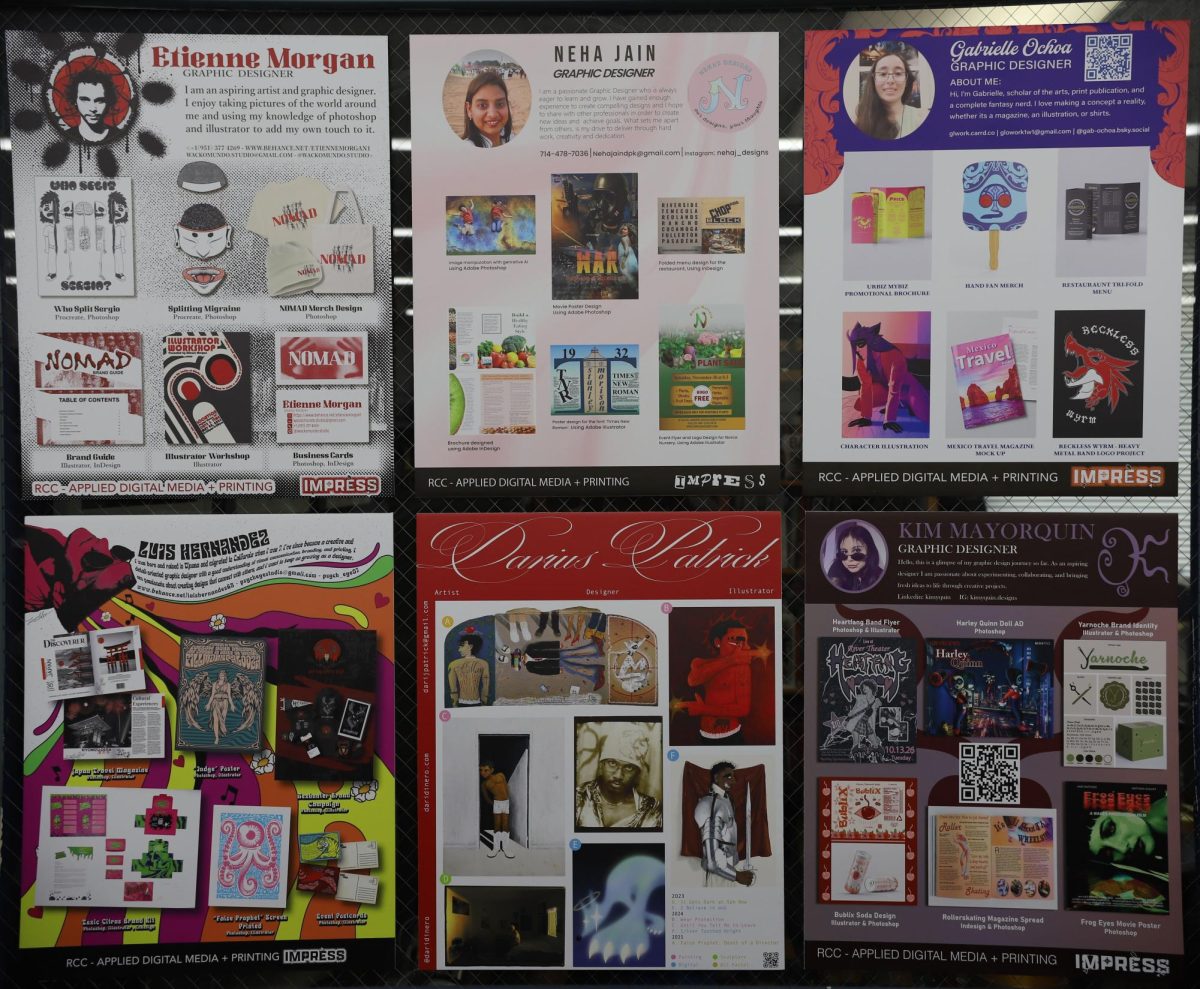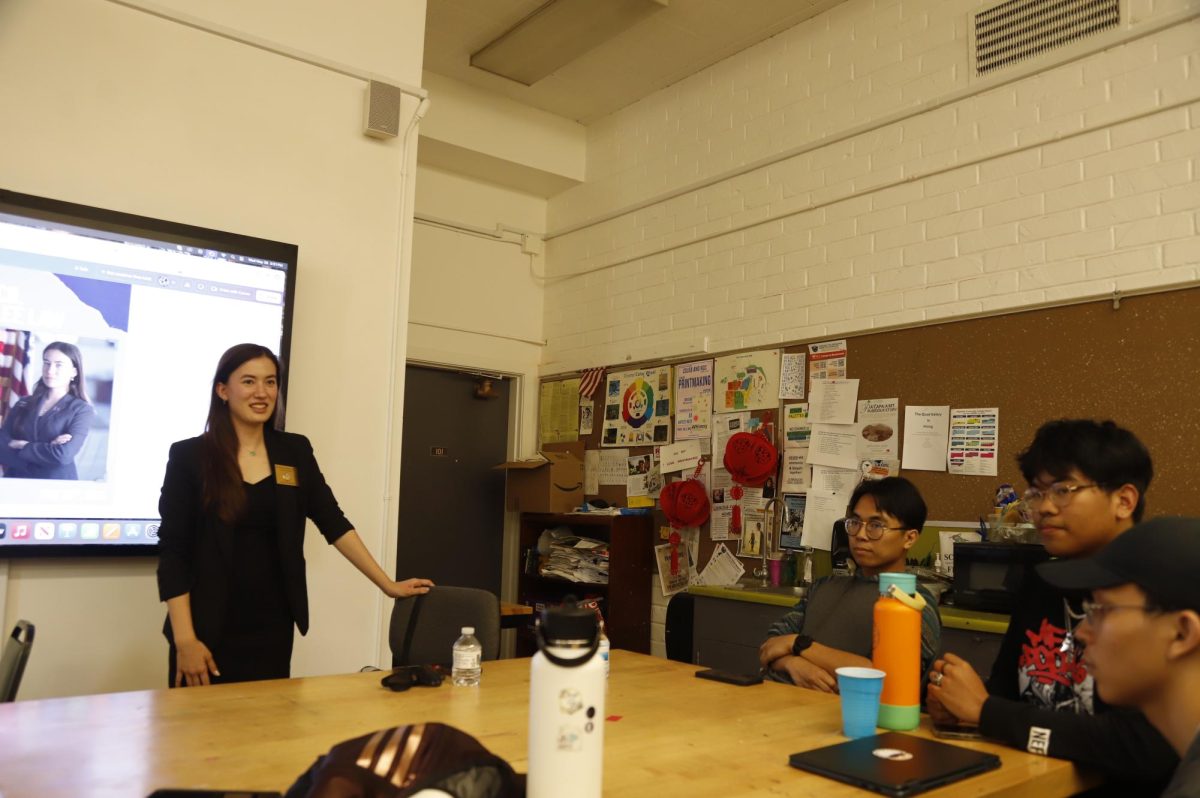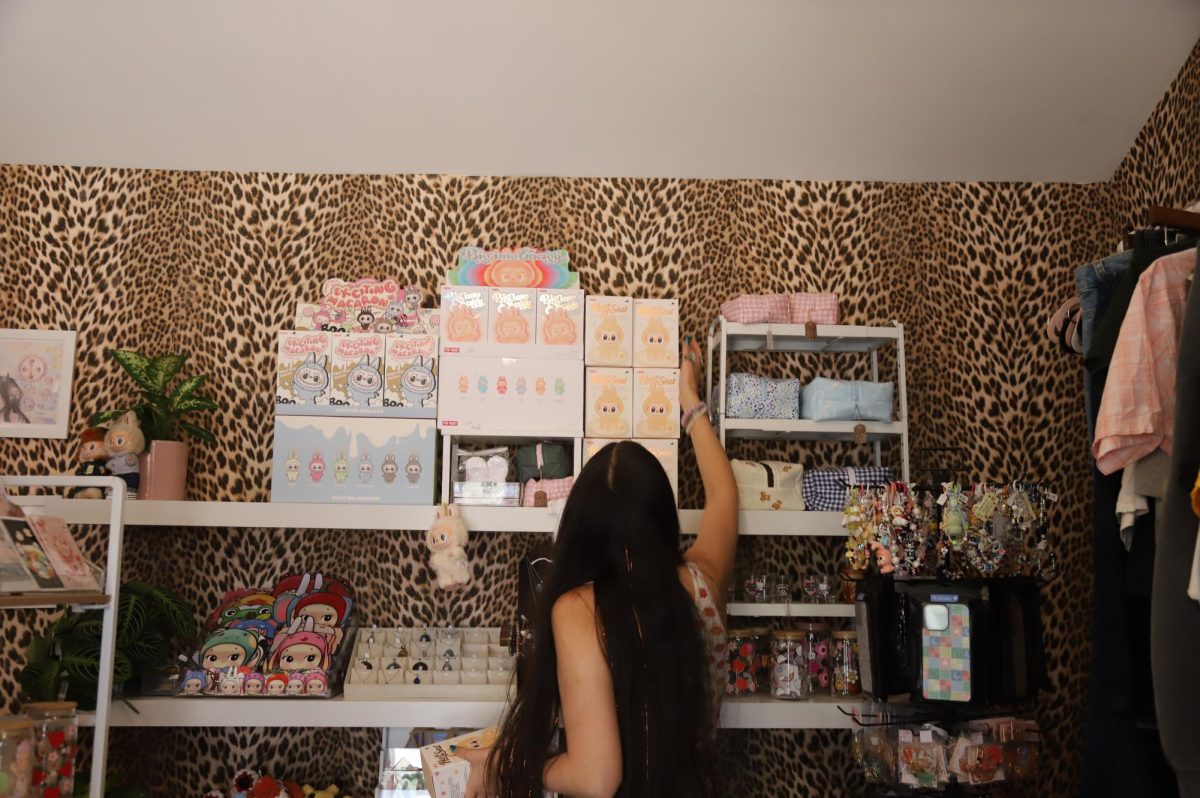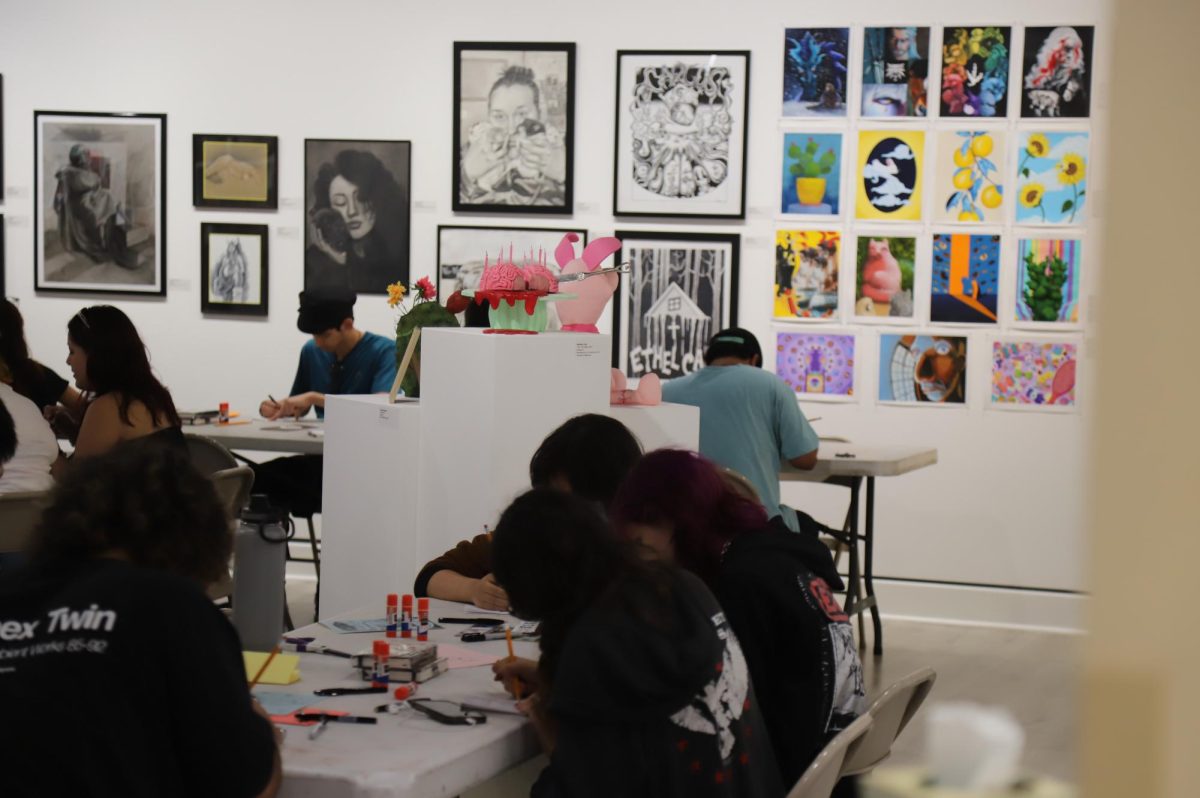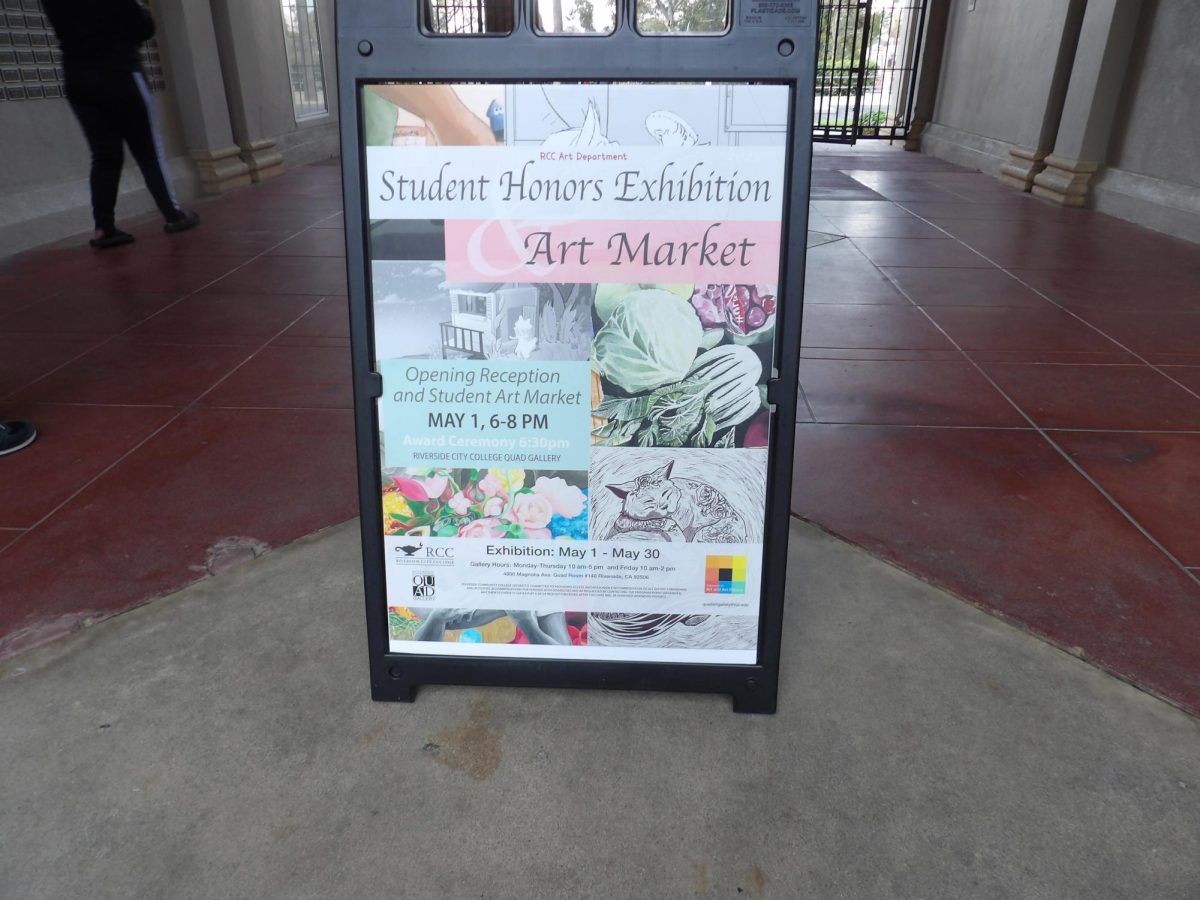By Alyssa Aldrete | Staff Editor
Music blares from the speakers above. Posters line the walls. Rows and rows of alphabetized albums await the eager hands of music lovers.
This unique experience can only come from visiting an authentic record store.
With technology advancing, digital copies of music have become more accessible and have consequently all but replaced the magic of holding a physical copy of music.
ITunes sales are going up, the music sections in entertainment stores are getting smaller, and good old-fashioned record stores are pretty much a dying breed.
Many people make the argument that one can still support an artist without wasting their own time and money by going down to a record shop. Sure, music does not necessarily have to be bought on vinyl records or compact discs.
Fans can still support their favorite bands and artists by purchasing their music from web sites such as iTunes or Bandcamp.
“I see it to be more convenient, to just put in onto my desktop, rather than take a trip to my local electronic store,” said Gabriel Bravo, a Colton resident, who prefers to download rather than purchase in-store.
“It fulfills my wants quicker.”
However, with the option of digital downloading comes the opportunity to illegally download.
Musicians spend countless amounts of time and money to produce their music, so when a person illegally downloads simply because of convenience, it robs the musician of all the efforts put into the record in the first place.
Supporting the musician is where the true importance of record stores comes in.
Record stores with compact discs and vinyl records from artists have become the unpopular alternative to a quick download.
“It’s more support for the artists,” said Remington Mendez, an RCC student and music enthusiast who enjoys purchasing music at record stores. “They work hard to make their music and they deserve that money.”
The physical proof of purchase is not the only thing that makes the presence of an authentic record store important.
The feeling a person gets when being in a place where the employees and customers feel just as strongly about music as he or she does is something that cannot be created by the songs in the “Recently Purchased” folder in their iTunes library.
“The environment itself is kind of a community,” said Rik Sanchez, a manager at Amoeba Music in Hollywood, one of the largest independently owned record stores in the world. “It often serves as a meeting place as well, which I think people forget.
When people come to shop they don’t just grab whatever they’re going to grab off the shelf and leave. They stick around, chat with other people, share likes and dislikes. It’s a cultural thing.”
Independently-owned record stores not only benefit the musicians and the customers, but the employees as well.
Many record stores that were run by corporations, such as Tower Records and Virgin Megastores, went bankrupt and had to close several locations, consequently putting their employees out of a job.
“With independent stores, there’s a certainty that there’s no corporation that is going to mess things up essentially, which they have done with pretty much every other store,” Sanchez said. “That is the main difference between us and the other stores that fell away. It’s that they were run by corporations that had no connection to what they did.”
The intimate connection between the customers and employees of independently owned record stores, as well as the artists whose music they support, is something many people miss out on when opting for a digital download.
Though the evolution of technology and the reliance people have on it may not be slowing down any time soon, music lovers can prevent the closure of the 700 independent record stores around the world, as well as supplement the success of musicians, by supporting local record shops.
“When vinyl records were the thing to buy, it was a lot more personal. People actually sat down, played the record, and listened to the whole thing,” said Angel Chapparo, a San Bernardino resident and frequent record store shopper. “If everyone keeps downloading, the next generation will never know the personal side of music.”

